
All News


Multidisciplinary approaches, RNA-based next-generation sequencing, and patient-specific front-line treatment decisions are all important for curating effective NSCLC treatments.

Phase 2 data support further investigation of trastuzumab rezetecan as a treatment for patients with HER2-mutant non–small cell lung cancer.

Breast MRI in patients with newly diagnosed breast cancer increased mastectomy rates and biopsy needs.
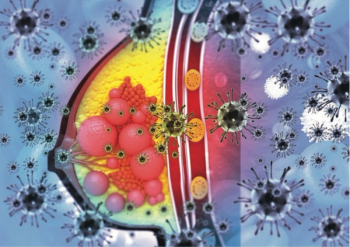
Findings from the COMET trial support the potential safety and acceptability of active monitoring among patients with ductal carcinoma in situ.

Ivonescimab demonstrated a broad prolongation of PFS across various prespecified subgroups in patients with treatment-naïve, PD-L1–positive NSCLC.

Hear from leading cancer experts about the lasting impact the COVID-19 pandemic has left on clinical practice.

The assistance of AI-based computer-aided detection for mammogram screenings did not impact recall rates in a radiologist’s standard single reading.
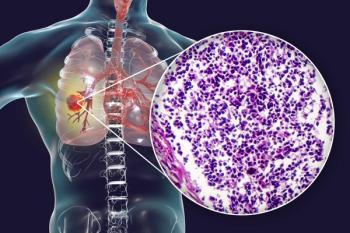
Pooled analysis data support atezolizumab continuation as a viable second-line therapy option in extensive-stage small cell lung cancer.
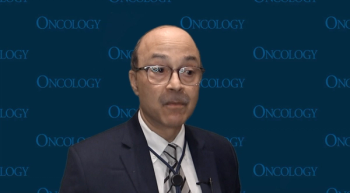
“The single most practice-impacting abstract might be the [phase 3 NIAGARA trial] follow-up,” Guru P. Sonpavde, MD, said, regarding results shared at 2025 ASCO GU.

Results from the phase 3 REZOR trial show a median PFS of 19.3 months with rezivertinib vs 9.6 months with gefitinib in patients with NSCLC.

Data from the MATTERHORN trial show a trend towards improved overall survival with the durvalumab combination in gastric and GEJ cancers.
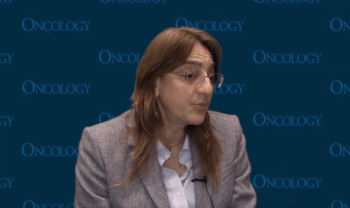
Funda Meric-Bernstam, MD, spoke about the TROPION-PanTumor01 trial results and the TROP2 targeting nature of dato-DXd in patients with heavily pretreated, metastatic urothelial cancer.

Lenalidomide capsules and dasatinib tablets have received FDA approval through an abbreviated new drug application for various hematologic malignancies.
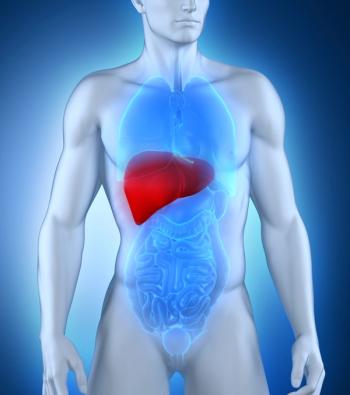
The CheckMate 9DW trial found that nivolumab and ipilimumab elicited a median OS of 23.7 months compared with 20.6 months from lenvatinib or sorafenib.

A brief overview of the current RCC landscape was provided in the most recent Oncology Decoded podcast.

Several lymphoma experts discuss the current T-cell lymphoma landscape, the need for new therapies, and ongoing research in the space.

For International Women's Day, CancerNetwork highlights impactful oncology research on topics from rising health care costs to innovative treatments.

Patients with driver gene–negative non–small cell lung cancer who received immunotherapy beyond progression experienced better survival outcomes.

Perioperative and adjuvant S-1 and oxaliplatin demonstrated consistent OS and DFS benefits over adjuvant capecitabine and oxaliplatin.

Updated findings from the MAIA trial support the use of frontline daratumumab plus lenalidomide/dexamethasone in transplant-ineligible NDMM.

In the phase 3 COMPETE trial, ITM-11 met its primary end point of PFS and showed a favorable trend with respect to OS in GEP-NETs.

Patients with breast cancer who received endocrine therapy alone had improved physical health outcomes compared with those who received chemotherapy.

Axillary management of patients with breast cancer such as sentinel lymph node biopsy have evolved substantially over the past 30 years.

Additional results from the phase 3 NIAGARA trial showed improved event-free survival and overall survival with durvalumab/gemcitabine/cisplatin in MIBC.

Co-hosts Kristie L. Kahl and Andrew Svonavec highlight the many advantages to attending the 42nd Annual Miami Breast Cancer Conference, with some additional tidbits to round out the main event.

The FDA has approved 2 denosumab biosimilars for all prior approvals for the reference drugs in patients with cancers and osteoporosis.
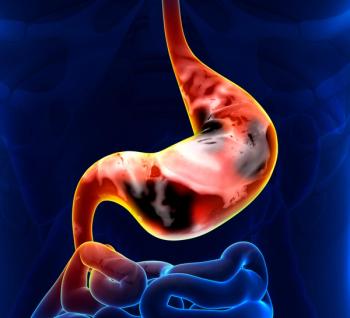
The safety profile of trastuzumab deruxtecan in the phase 3 DESTINY-Gastric04 trial was consistent with the established safety profile of the agent.

A patient case of a 50-year-old man with hormone-sensitive prostate cancer sparked a debate among oncologists regarding the best course of action.

The observed safety profile of HA121-28 was similar to that of other multi-targeted RET tyrosine kinase inhibitors.

